Tajweed for Quran Recitation: A Beginner’s Guide

Learning to recite the Quran correctly is a sacred journey that involves both understanding the language and mastering the proper pronunciation. One crucial element in this process is Tajweed for Quran Recitation. Tajweed refers to the set of rules that govern the pronunciation of Arabic letters and the way they should be articulated during Quranic recitation. For beginners, understanding Tajweed is vital, as it ensures that the words of the Quran are pronounced clearly, beautifully, and correctly, avoiding any mispronunciations that could alter the meaning of the verses.
What is Tajweed?
Tajweed comes from the Arabic root word “jود” (J-W-D), which means to improve, beautify, or perfect. In the context of Quranic recitation, Tajweed is the science that helps us perfect our pronunciation and recitation, ensuring it adheres to the traditional rules passed down through generations. The primary aim of Tajweed for Quran Recitation is to maintain the purity of the Quranic sounds and to help reciters correctly articulate the letters and words in a melodious and precise manner.
Why is Tajweed Important for Quran Recitation?
The Quran is the word of Allah, and it is essential to recite it in the most respectful and accurate manner. Mispronouncing a single letter or altering the articulation can change the meaning of the verse, which is why Tajweed for Quran Recitation is so important. By following the Tajweed rules, you ensure that your recitation is not only correct but also beautiful.
Additionally, the proper use of Tajweed helps enhance the listening experience for those who hear the recitation. It is said that the Quran itself was revealed in a precise and harmonious manner, and reciting it with Tajweed allows us to connect with that divine rhythm.
Key Tajweed Rules Every Beginner Should Know
For beginners, understanding the basic Tajweed rules can seem daunting, but with practice, these rules will become second nature. Here are some of the fundamental rules of Tajweed for Quran Recitation:
1. Makharij (Articulation Points)
Makharij refers to the specific points in the mouth and throat where the Arabic letters are pronounced. Each letter of the Arabic alphabet has a unique articulation point, and learning these is crucial for correct recitation. Mispronouncing the letters can change the meaning of the Quranic words. As a beginner, familiarizing yourself with the Makharij is one of the first steps in learning Tajweed for Quran Recitation.
2. Sifat (Characteristics of the Letters)
In Tajweed, each letter has specific characteristics, such as being heavy or light, strong or weak, sharp or smooth. Knowing the sifat of each letter helps you pronounce it in the most accurate way. For example, some letters are pronounced with more emphasis or force, while others are soft and light. Mastering these qualities will improve your recitation and understanding of the Quranic text.
3. Noon Saakinah and Tanween Rules
One of the most important rules in Tajweed for Quran Recitation is the pronunciation of the “noon saakinah” (the letter “ن” when it has a sukoon) and the tanween (the “ـًـ” and other vowel marks). There are special rules for how these are articulated, especially when they are followed by other letters. For example, when the “noon saakinah” is followed by a letter of the “Izhaar” group, it is pronounced clearly, whereas it is merged when followed by a letter from the “Idghaam” group.
4. Madd (Elongation)
Madd refers to the elongation of vowels in the Quran. There are several types of Madd, including the “Madd Asli” (the natural elongation), and the “Madd Far’i” (which occurs due to the presence of certain vowel signs). Understanding when and how to elongate sounds correctly is vital for beginners who want to perfect their Tajweed for Quran Recitation.
5. Qalqalah (Echoing Sound)
Qalqalah refers to the echoing or bouncing sound that occurs when pronouncing certain letters like “ق” (Qaf), “ط” (Taa), “ب” (Baa), “ج” (Jeem), and “د” (Dal). These letters are pronounced with a slight bounce or echo, and mastering Qalqalah is essential for perfecting the flow of your recitation.
Tips for Beginners Learning Tajweed for Quran Recitation
As a beginner, learning Tajweed for Quran Recitation may seem like a long and challenging journey, but it’s also an extremely rewarding one. Here are some tips to help you on your way:
1. Start with Simple Surahs
Begin by focusing on shorter surahs and verses that you are already familiar with. This will help you build confidence and comfort with the rules of Tajweed. As you grow in your recitation skills, you can gradually move on to longer surahs.
2. Listen to Experienced Reciters
Listening to experienced reciters, such as Sheikh Sudais or Sheikh Shuraim, can be incredibly helpful. Pay attention to how they articulate each letter and follow their rhythm and melody. This will help train your ear for proper pronunciation and understanding of Tajweed.
3. Practice Regularly
Like any skill, learning Tajweed for Quran Recitation requires regular practice. Try to set aside a specific time each day for recitation practice. This consistent effort will help you improve over time.
4. Take Online Courses
In today’s world, there are many resources available to help you learn Tajweed effectively. Websites such as Al Arabiya Institute offer excellent online Arabic and Quran courses, which include specialized lessons on Tajweed for Quran Recitation. With experienced teachers and structured lessons, you can learn at your own pace and master the rules of Tajweed.
5. Recite Slowly and Clearly
Don’t rush when reciting. The key to Tajweed is clarity, so take your time to pronounce each letter correctly. Begin slowly, and as you become more confident, you can increase your speed.
The Role of Online Learning in Mastering Tajweed
The advent of online learning has revolutionized the way people approach learning Tajweed for Quran Recitation. With online courses, you can learn at your own pace and from the comfort of your home. At Al Arabiya Institute, we offer online courses in Arabic and Quran recitation, designed to help you improve your Tajweed skills.
Our courses are taught by experienced instructors who specialize in teaching Tajweed and Quranic recitation. Whether you’re a beginner or an advanced student, you can benefit from personalized lessons, feedback, and guidance that cater to your learning needs.
Conclusion
Mastering Tajweed for Quran Recitation is an essential step for anyone looking to recite the Quran correctly and beautifully. By following the basic rules of Tajweed and practicing regularly, you can improve your recitation and connect with the Quran in a deeper, more meaningful way.
If you are looking for the best online courses to learn Tajweed and Arabic, look no further than Al Arabiya Institute. We offer top-quality lessons, the best prices, and free trial lessons to help you on your journey of mastering the Quran and Arabic language.
Start your learning journey today and perfect your Tajweed with us!








